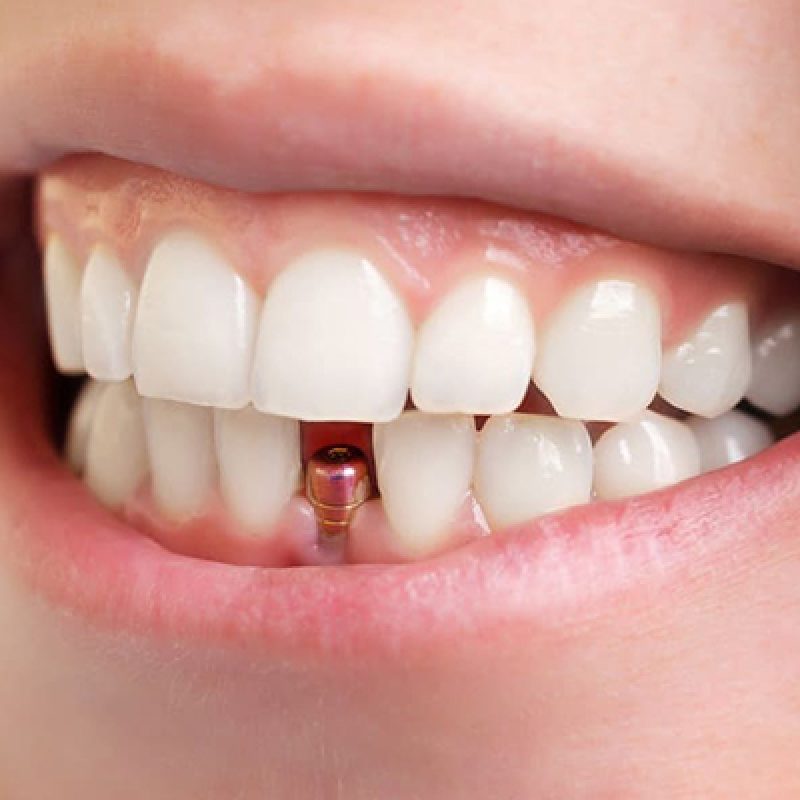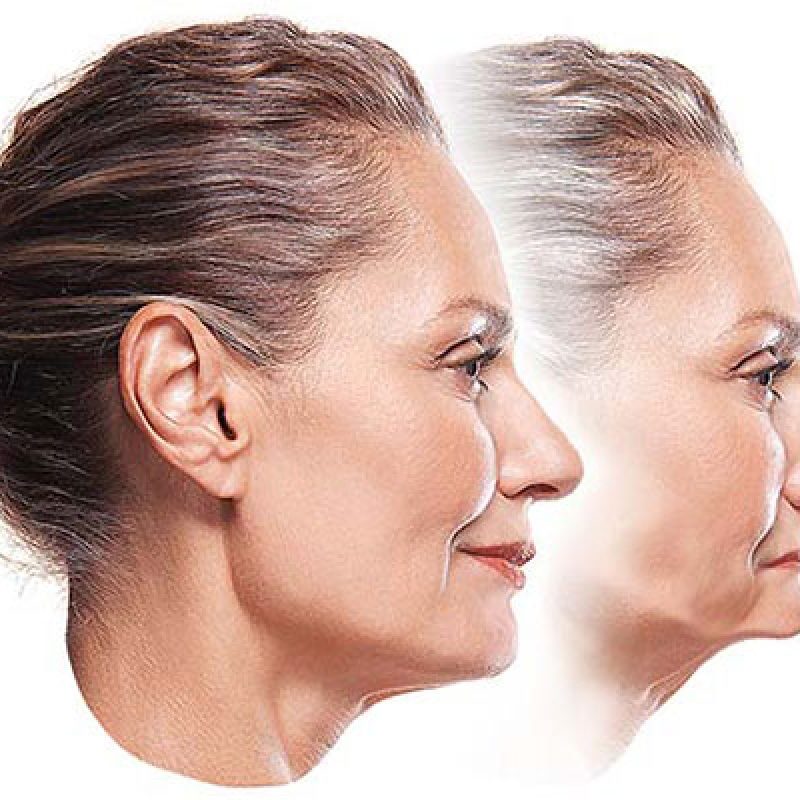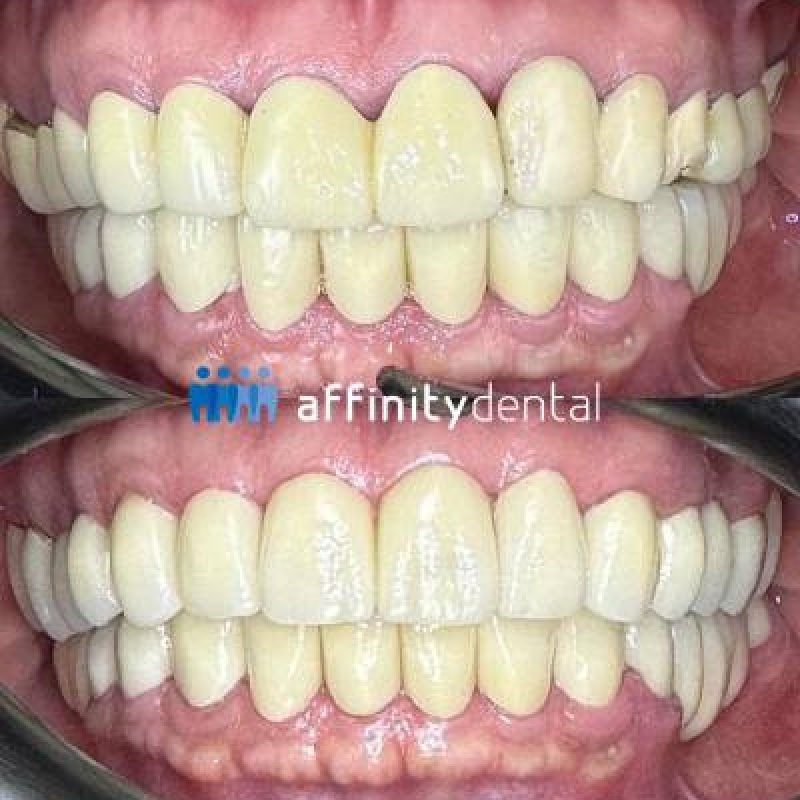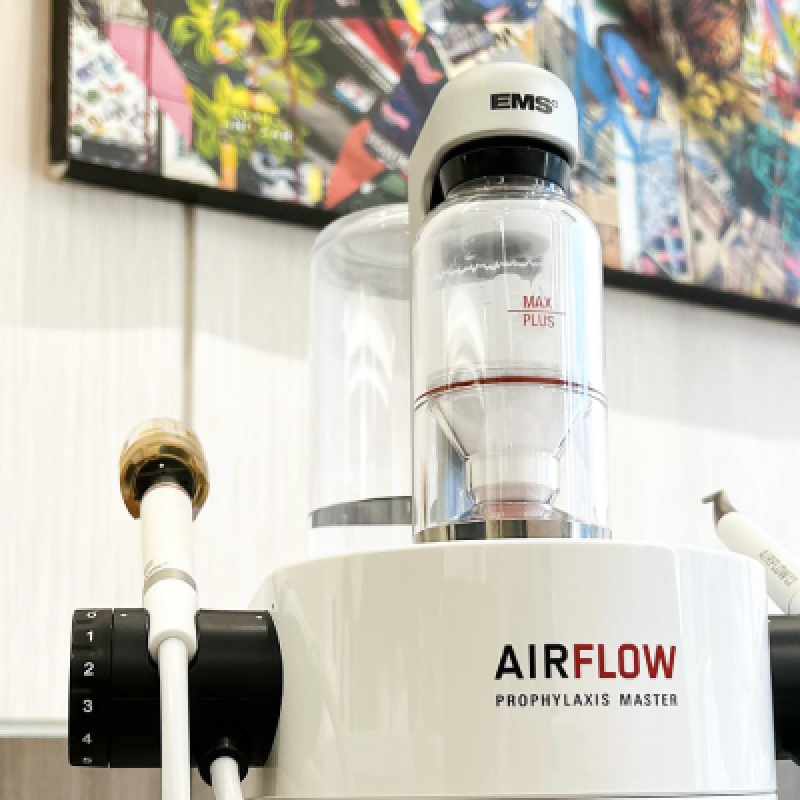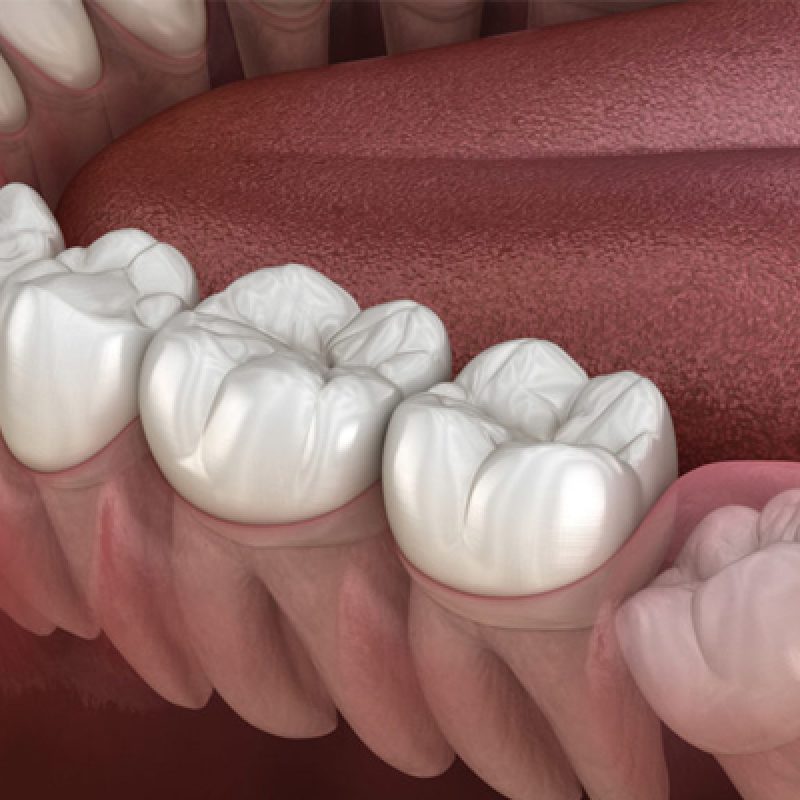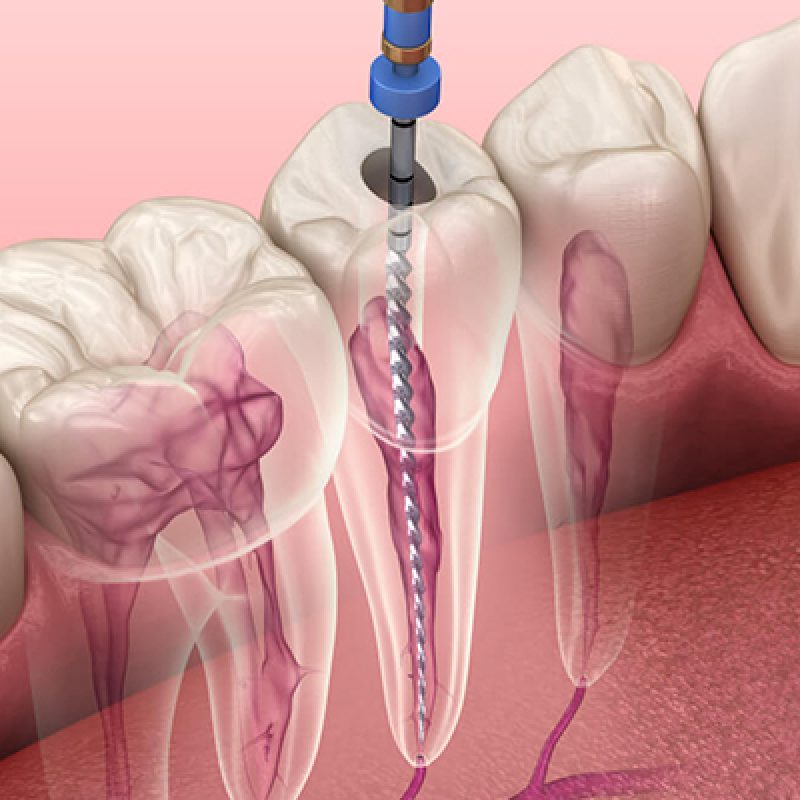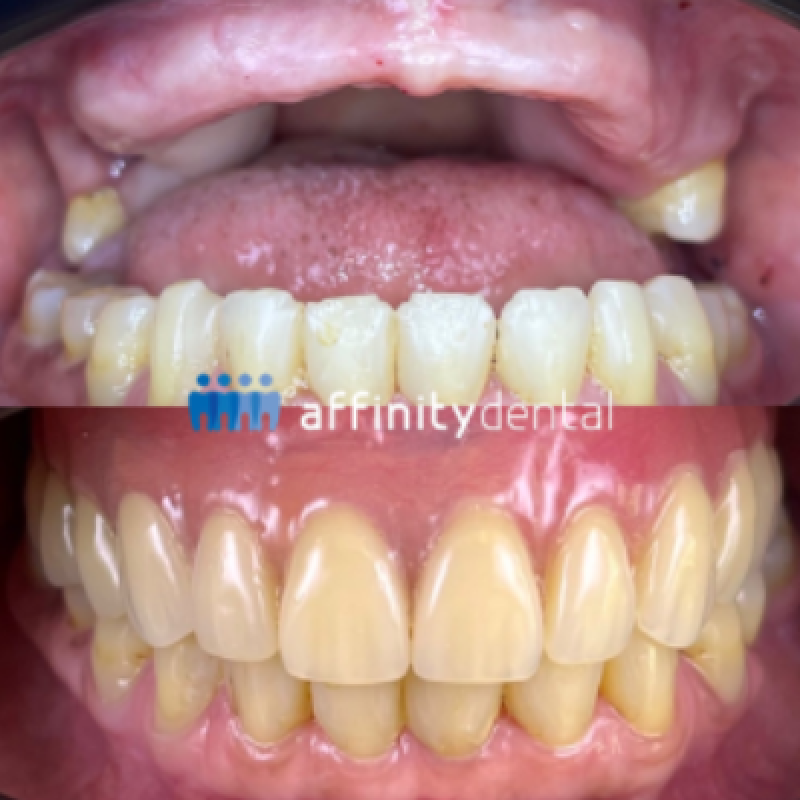The Different Types of Dental Fillings
Due to the constant advancements in the field of dentistry, several types of tooth fillings are now available for patients worldwide.
Different fillings are used to achieve varied results in teeth, depending on the needs of patients. Knowing each type of filling may be essential in communicating your desired outcomes with your dentist. Here are some of the most common dental fillings in the market today:
Composite
Composite is a resin material mixed with other silica particles to increase toughness and to provide color.
Composites may be applied by dentists directly, or may be synthesized from a laboratory, from a replica or image of the teeth.
Gold
Gold is a durable and stable material once placed inside the mouth.
It is commonly used for restorations which run deep into the gums and teeth, or when there is very little teeth remaining.
Glass Ionomer
Glass Ionomers are mixtures of polyacrylic acid and silica, which bonds directly to the teeth, but is softer than other fillings.
Because of its properties, it is the filling of choice for the elderly or the young. Adults may use it, but only as temporary fillings.
It has the added property of dispersing fluoride into its neighboring teeth, to prevent tooth decay along its environs.
Cerec
Cerec is a porcelain-like material whose durability surpasses that of gold.
Cerec is extremely versatile and is preferred for general tooth restorations.
This material provides a seamless aesthetic look — being white helps a lot — and only requires one appointment to install.
The filling bonds to your teeth and tissues, which means it blends in with the existing structures of the teeth.
This material is extremely convenient to place, and requires little preparation beforehand. However, composites wear down quickly, and is preferred only for teeth that do not suffer from daily pressures from bites and grinding.
Amalgam
Amalgams are made up of silver, tin, copper, and mercury, which makes it extremely tough fillings.
However, since these are metals, it does not look well, as there is no way to mask the colors. It may also weigh heavier than other options.
Amalgams contract and expand, which may sometimes form openings in the teeth.
Amalgams are slowly being phased out, due to the advent of other more effective and safe options.
Clinics
Alabang Dental Clinic
Unit 206, 2nd Floor, Westgate Hub Mall, Filinvest Corporate City, Alabang-Zapote Road, Muntinlupa City.
Tel. No.: (02) 241.2478
Mobile No.: (0917) 565.7022.
Bacolod Dental Clinic
Ground Floor, RL Jocson Building, B.S. Aquino Drive, Bacolod City (across University of San Agustin)
Tel. No.: (034) 709.0329
Mobile No.: (0917) 628.4541
Bonifacio Global City Dental Clinic
2F, Bonifacio Stopover Building, 32nd Street corner Rizal Drive, Bonifacio Global City, 1643 Taguig
Tel No.: (02) 831.1789
Mobile No.: (0917) 872.8297
Cebu Dental Clinic
Ground Floor, Knights of Columbus Square, 36 Archbishop Reyes Ave., Lahug, Cebu City
Tel No.: (032) 412.4505
Mobile No.: (0917) 632.5718
Makati Dental Clinic
2nd Floor, Plaza One Hundred, 100 V.A. Rufino St., Legaspi Village, Makati City (across Medical Towers Makati)
Tel Nos.: (02) 782.9615 , 823.5571
Mobile No.: (0917) 584.6852






